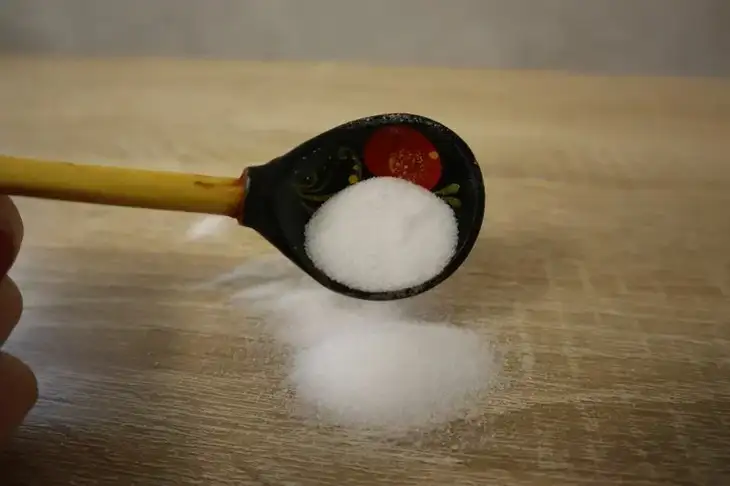Salt is not a friend, but a saboteur in your kitchen. Added it at the wrong time? The dish can no longer be saved.
The secret is when, not how much.
For example, if you salt meat before frying, you draw out the moisture from it. The steak becomes tough as a shoe sole.

Add salt 10 minutes before it’s ready—the salt will have time to penetrate the fibers, but won’t have time to dry them out.
For soups, the rule is the opposite: add salt at the beginning of cooking, otherwise the vegetables will remain tasteless.
Try the salt-layer technique: Spread a pinch over the surface of your finished dish before serving. It will enhance the flavor without overpowering the natural aromas.
But avoid iodized salt for cooking - when heated above 120°C, the iodine evaporates, leaving a metallic taste.
Scientists from MIT have discovered a curious fact: salt changes the perception of temperature. Salted food seems hotter by 5-7°C. This explains why soup “burns” the tongue even when its temperature is safe.
Add salt gradually, tasting the dish at each stage.
How to fix an oversalted dish? Potatoes and rice absorb excess salt - add them for 10 minutes, then remove.
For soups and sauces, use lemon juice or vinegar: the acid neutralizes the saltiness. But remember: these are extreme measures.
It's better to undersalt than oversalt - you can always add, but you can't take away.
